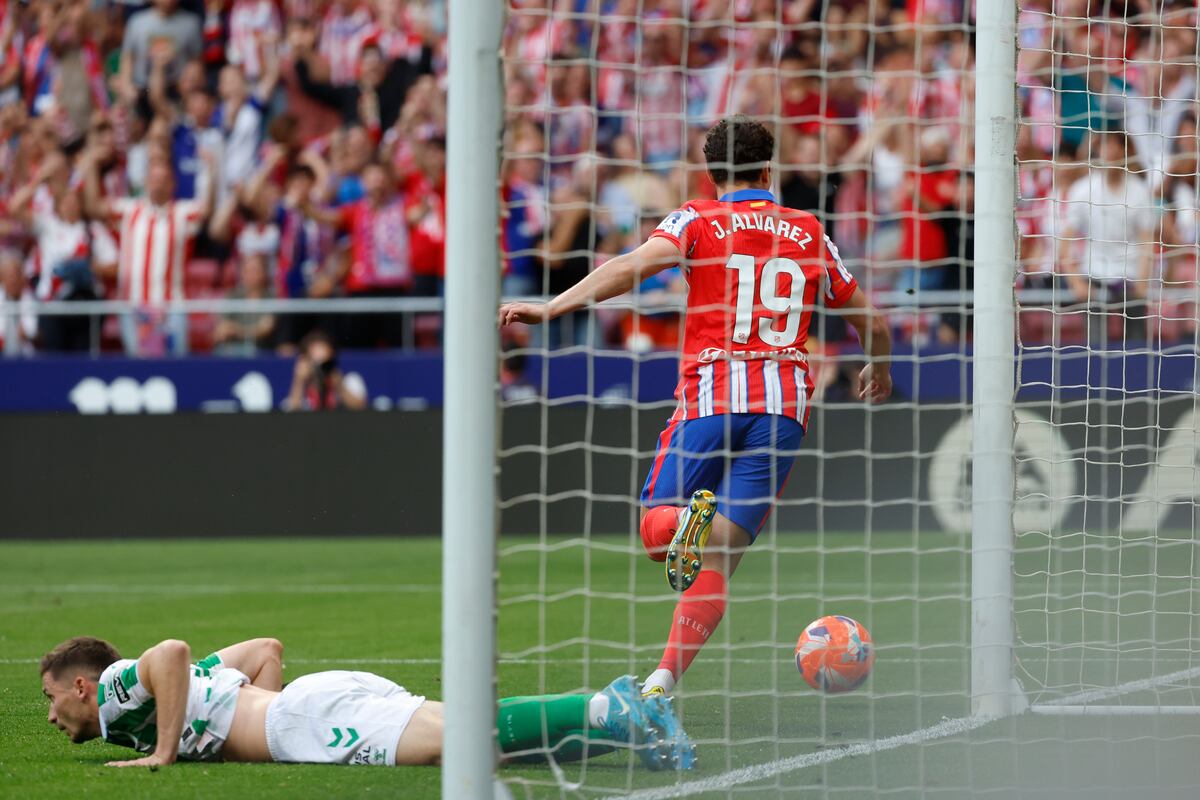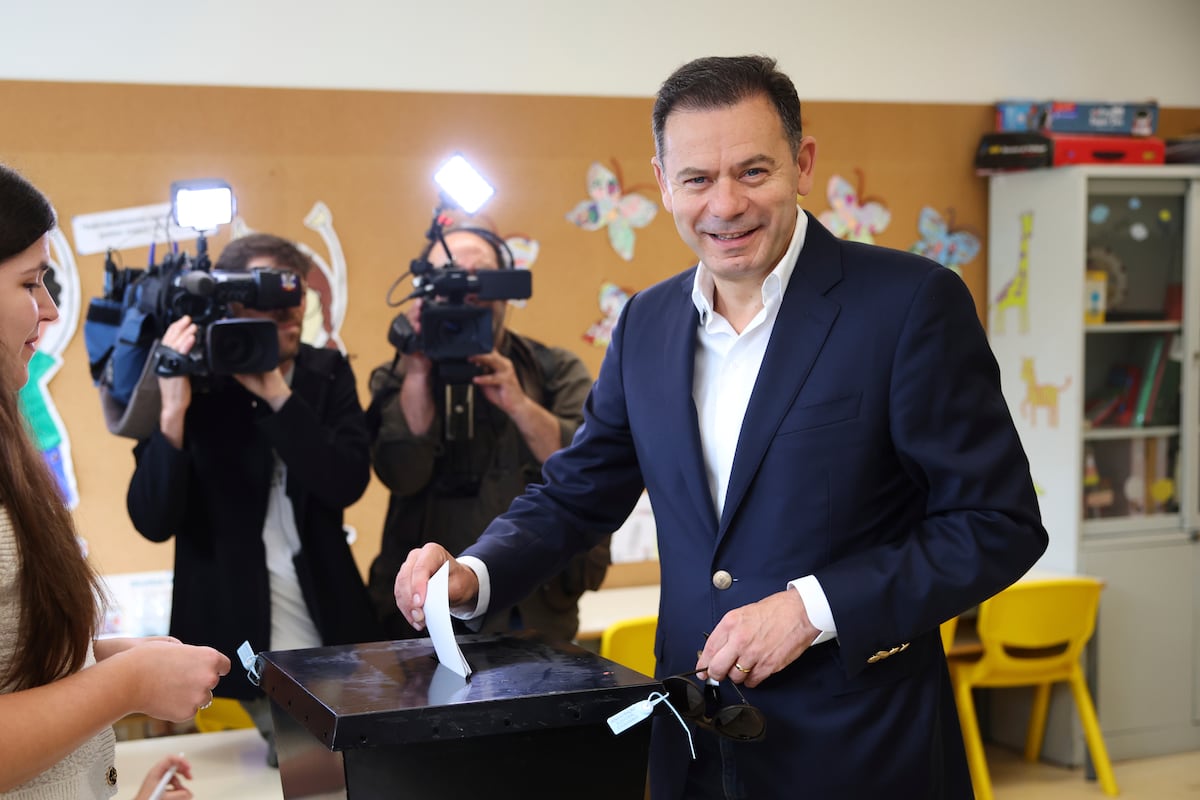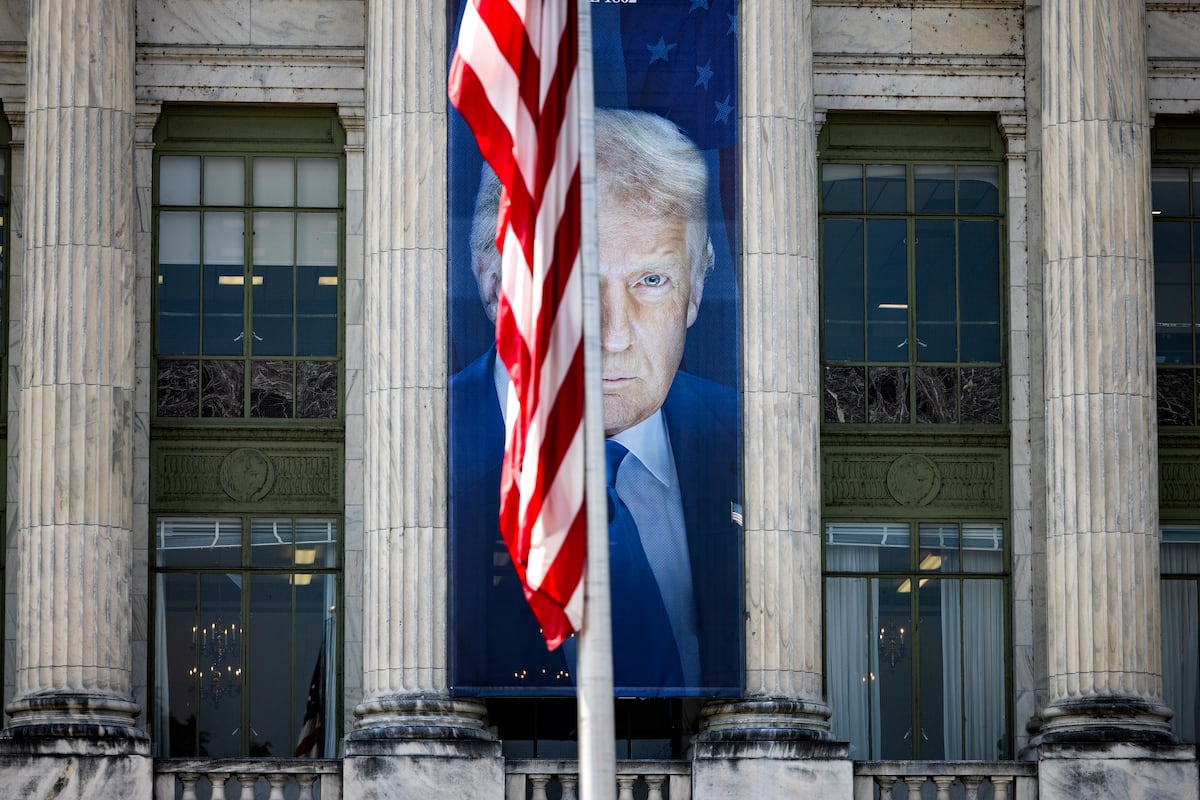“Just a few months ago, in a beautiful Pennsylvania field, an assassin’s bullet ripped through my ear. But I felt then and believe even more so now that my life was saved for a reason. I was saved by God to make America great again.”
This remark, from Donald Trump’s inaugural address last January, is a clear example of messianic charisma — a form of leadership in which the leader is seen as a providential savior, someone who embodies the redemption of a nation and carries a transcendent mission that places them above established institutions and rules. This type of charisma is based on the belief that the leader possesses extraordinary, almost supernatural qualities and is the only one capable of guiding their community or nation toward a promised destiny.
Max Weber (1922) described charisma as a form of authority rooted in devotion to a leader perceived as extraordinary. In this case, we are dealing with an extreme version of personal charisma, in which the leader is regarded as sent by a higher power. According to Weber, this often emerges in times of crisis, when the public yearns for a strong figure who promises to restore order, reclaim lost greatness, or guide the nation toward a higher destiny.
Carl Schmitt, in his book Political Theology, also argued that in times of crisis, sovereign power tends to be embodied in a charismatic figure who assumes an almost messianic role, deciding on the “state of exception” and placing themselves above the law.
However, to achieve this sacralization of his persona, Trump has relied on more than a single remark in his inaugural speech. Below, we examine five key elements that contributed to shaping this image.
1. The narrative of an unprecedented crisis
For a leader to be perceived as a savior, it is essential to construct a narrative of a near-apocalyptic crisis that only they can resolve. In Trump’s case, the portrayal of a declining America — under siege from internal and external enemies such as corrupt elites, uncontrolled immigration, and unfair globalization — reinforces the perception that his leadership is not just necessary, but divinely ordained.

2. The use of symbolism and messaging
The sacralization of Trump’s figure is reinforced through symbols and rituals that cement his messianic role. His public appearances generate an atmosphere of collective fervor. The iconography surrounding him — from flags bearing his face to T-shirts emblazoned with messianic slogans — feeds the idea that his leadership transcends mere politics. Even acts of governance are used to strengthen this image. His first Cabinet meeting began with a prayer that was posted on social media. On March 19, in another iconic moment, he surrounded himself with 17 evangelical pastors who prayed over him in the Oval Office, laying their hands on him. The scene was repeated at another event on May 1. Several participants belong to the White House Office of Faith, created on February 17. He also established the Commission on Religious Freedom by executive order.
3. Legitimacy rooted in the duty to save the nation
When a leader becomes the object of faith, politics ceases to be a space for rational deliberation and turns into a realm of absolute loyalties, where any criticism is seen as betrayal. The unprecedented attacks on anyone or any institution that questions or obstructs the administration’s actions — even if those actions are illegal — illustrate this dynamic. Congress, too, becomes secondary to the will of the leader, who pushes through his agenda via executive orders rather than through traditional legislative processes. Nothing can stand in Trump’s way, because what he is doing is seen as both legitimate and essential to safeguard the nation’s future.

4. The role of loyal followers
A messianic leadership doesn’t rely solely on the figure of the leader — it also depends on the fervent community that follows him. In Trump’s case, his supporters don’t just see him as a politician, but as the last bulwark against the forces that, in this narrative, threaten the very essence of the United States. Their loyalty is unshakable, because in their view, without him, the country is doomed. These supporters organize themselves into highly polarized and active communities, both online and offline, that feed off one another in a constant feedback loop.
They reinforce their worldview not just through pro-Trump content, but especially content that attacks his opponents — whether based on fact or fiction. His election campaign and now the White House have directly encouraged the formation of these groups. A recent example is the new government website that curates positive news about Trump in the style of the Drudge Report.

5. Sacrifice as proof of his mission
In messianic narratives, the leader’s suffering serves as validation of their destiny. In this context, the assassination attempt on Trump is not merely a traumatic event, but a confirmation that he is the chosen one. Within the narrative of his followers, the attack not only reinforces his role as a victim of the elites and internal enemies, but elevates him to the status of a national martyr. His survival, in this framework, is no accident, but rather a sign of his divine purpose.
To learn more about the subject:
Books:
– Max Weber: Sociología del poder
– Carl Schmitt: Political Theory
– Alexandre Dorna: Le leader charismatique
– David O’Connell: God wills it: Presidents and the political use of religion
Articles:
– Xavier Peytibi: Comunicar en tiempos de hombres fuertes
– D’ Adamo, Beaudoux, Ferrari and Slavinsky: Estilos de liderazgo presidencial: dimensiones y variables para su análisis
– Juan Manuel Castro Carracedo: Cómo la retórica mesiánica de Trump cimenta su liderazgo y apela a la identidad americana
– María Pinho De Oliveira: ¿Sacralización política o mesianismo? Los liderazgos políticos de Néstor Kirchner, Hugo Chávez, Donald Trump y Jair Bolsonaro
– Eric Berger: ‘Standing up for Christian values’: US evangelicals keep the faith with Trump
– Adam Gabbat: ‘False teacher’: Trump’s pick to head the ‘White House faith office’ roils some fellow Christians
– Elizabet Dias and Ruth Graham: White House of Worship: Trump Elevates Christian Prayer and Power
Videos:
– Alex Connor: Trump: God’s Chosen President?
– Capturing Christianity: This Prophet Predicted in 1983 that God Would One Day Use Trump
– The Bulwark: CHRISTIANITY IN CRISIS: Trump, Politics, and the Future of Faith
Podcast:
– The Ezra Klein Show: Ross Douthat on Trump, Mysticism and Psychedelics
– David French and Russel Moore: Trump, Faith, and the First 100 Days







Comentarios